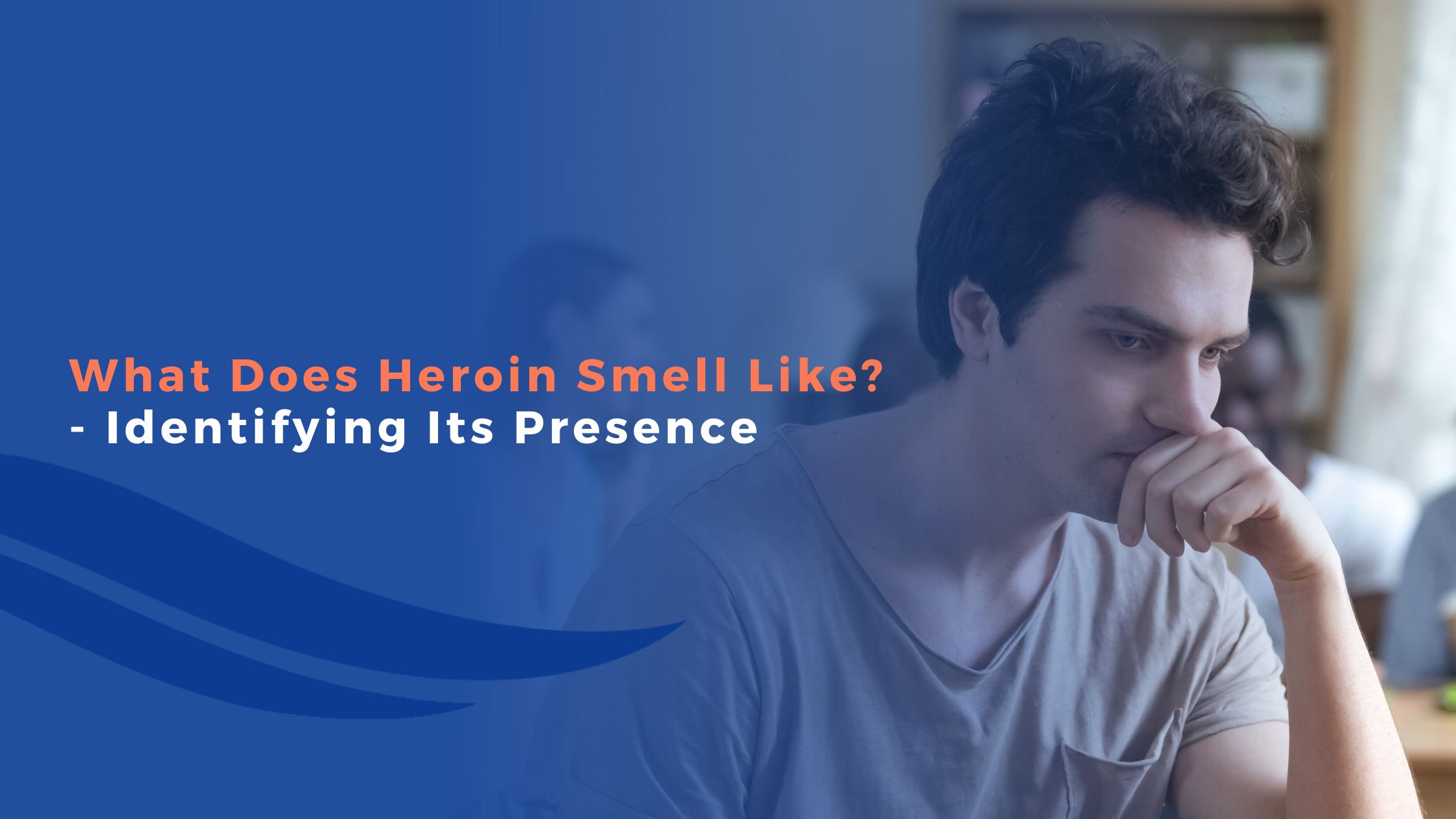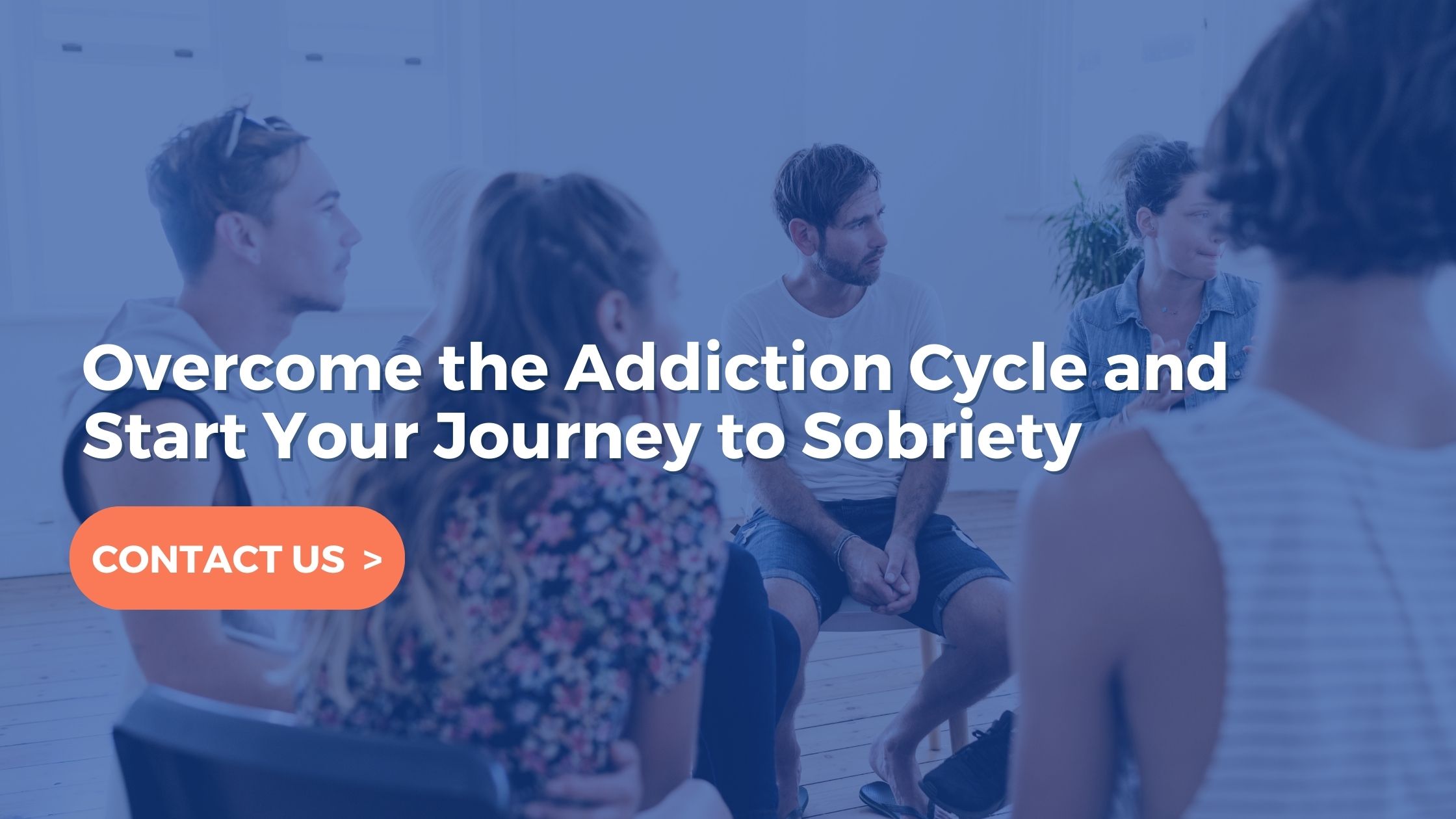What Does Heroin Smell Like?


Written By
DreamLife RecoveryHeroin is one of the most dangerous and addictive drugs on the market today. But what does heroin smell like? Understanding the characteristics of this drug, including its odor, can be helpful in identifying its presence. In this article, we will explore the smell of heroin, what heroin is, how it causes addiction, the dangers associated with its use, and how a drug rehab program can help those struggling with heroin addiction.
The Smell of Heroin
Heroin comes in various forms, including a white or brown powder, black tar, and sticky substances. The smell of heroin depends on the form it takes, and any additives or impurities present in the drug.
White or brown powdered heroin typically has a faint vinegar-like smell due to the chemical process used to make it. This smell can become stronger when the drug is heated for injection or smoking. Black tar heroin, which is sticky and dark in color, has a more pungent, tar-like odor. It is important to note that the smell of heroin may not be easily detectable. The smell of heroin is particularly hard to detect if it is mixed with other substances like tobacco or marijuana.
What Is Heroin?
Heroin is an illegal opioid drug derived from morphine, a natural substance extracted from the seed pod of the opium poppy plant. It is classified as a Schedule I substance in the United States, meaning it has no accepted medical use and a high potential for misuse.
Heroin can be injected, smoked, or snorted, and it quickly enters the brain, where it binds to opioid receptors. These receptors are involved in the perception of pain and reward, as well as the regulation of important bodily functions such as heart rate and breathing. When heroin binds to these receptors, it produces a rush of euphoria, followed by a sense of relaxation and drowsiness.
How Heroin Causes Addiction
Heroin’s addictive nature is due to the way it interacts with the brain’s reward system. When heroin enters the brain, it is converted back to morphine and binds to opioid receptors, triggering a release of dopamine. Dopamine is a neurotransmitter that plays a crucial role in the sensation of pleasure and the brain’s reward system.
The resulting surge of dopamine reinforces the association between heroin use and pleasurable feelings, creating a powerful incentive to continue using the drug. Over time, repeated heroin use can cause changes in the brain’s structure and function, leading to addiction.
Addiction is characterized by a compulsive need to seek out and use heroin, despite the negative consequences it may have on one’s health, relationships, and other aspects of life. Tolerance to the drug also develops, meaning that users need increasingly larger doses to achieve the same effects. Larger doses of the drug further exacerbating the risk of addiction and overdose.
The Dangers of Heroin Use
Heroin use is associated with numerous short-term and long-term risks.
Short-term risks of heroin use include:
- Overdose: Heroin depresses the central nervous system, which can lead to slowed or stopped breathing and, ultimately, death. The risk of overdose is increased when heroin is mixed with other substances, such as alcohol or benzodiazepines.
- Infections: Injecting heroin can cause infections at the injection site, as well as more serious conditions like endocarditis (inflammation of the heart lining) or cellulitis (a skin infection).
- Transmission of diseases: Sharing needles or other drug paraphernalia can transmit blood-borne diseases such as HIV and hepatitis C.
Long-term risks of heroin use include:
- Chronic health problems: Prolonged heroin use can damage the liver, kidneys, lungs, and heart, as well as weaken the immune system.
- Mental health issues: Heroin users are at increased risk for depression, anxiety, and other mental health disorders.
- Social and economic problems: Addiction can lead to job loss, financial difficulties, and strained relationships with friends and family.

How a Proper Drug Rehab Program Can Help
Recovering from heroin addiction is challenging, but it is possible with the right support and treatment. A comprehensive drug rehab program can provide the tools and resources needed to overcome addiction and achieve lasting sobriety. Such programs typically include:
- Detoxification: Medical detox helps individuals safely and comfortably withdraw from heroin, managing withdrawal symptoms and reducing the risk of relapse.
- Therapy: Behavioral therapies, such as cognitive-behavioral therapy (CBT) and contingency management, help individuals develop coping strategies to deal with triggers and cravings. They can also address underlying issues contributing to addiction and rebuild healthy relationships.
- Medication-assisted treatment (MAT): Medications like methadone, buprenorphine, and naltrexone can help reduce cravings and stabilize brain chemistry. This can help improve the chances of long-term recovery.
- Aftercare and support: Ongoing support after completing treatment, such as through support groups or counseling, is crucial in maintaining sobriety and preventing relapse.
Understanding the smell of heroin and its characteristics can be helpful in identifying the drug. Heroin is a highly addictive substance that poses serious short-term and long-term risks to users. However, with the proper support and treatment, recovery from heroin addiction is achievable. If you or a loved one are struggling with addiction, reach out to a professional drug rehab program to start the journey towards a healthier, drug-free life.
Heroin Addiction Treatment at DreamLife Recovery
If you or someone you love is struggling with heroin addiction, know that you don’t have to face this battle alone. DreamLife Recovery is here to provide unwavering support and guidance throughout your journey towards recovery. We understand the challenges that come with overcoming addiction, and our compassionate team is dedicated to helping you regain control of your life. Don’t hesitate to reach out to us at (855) 384-5808 – we’re here for you every step of the way.







